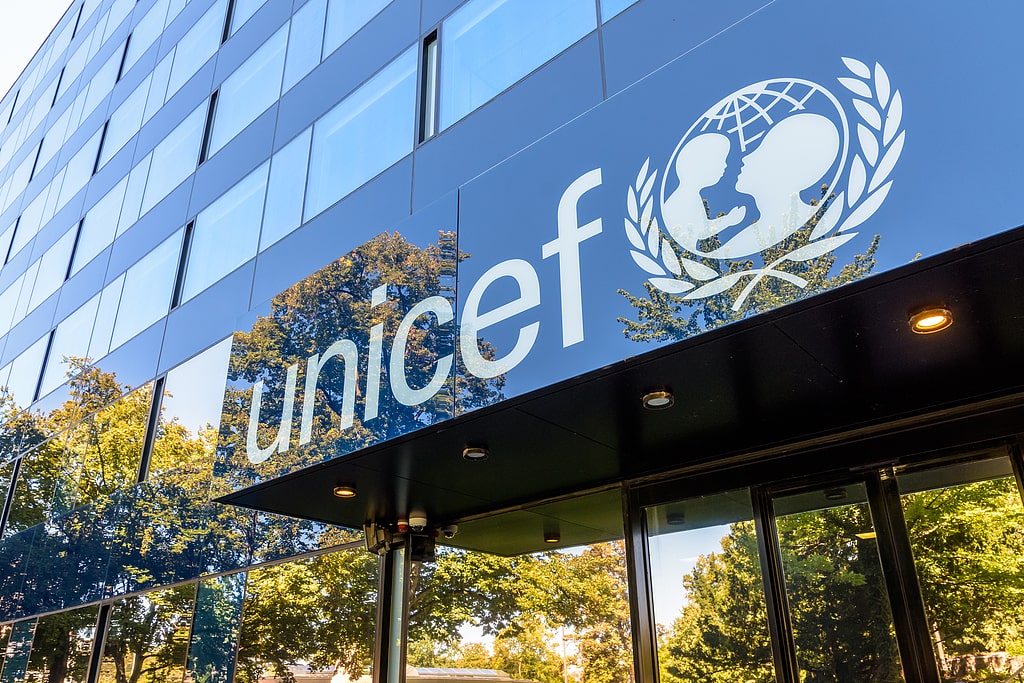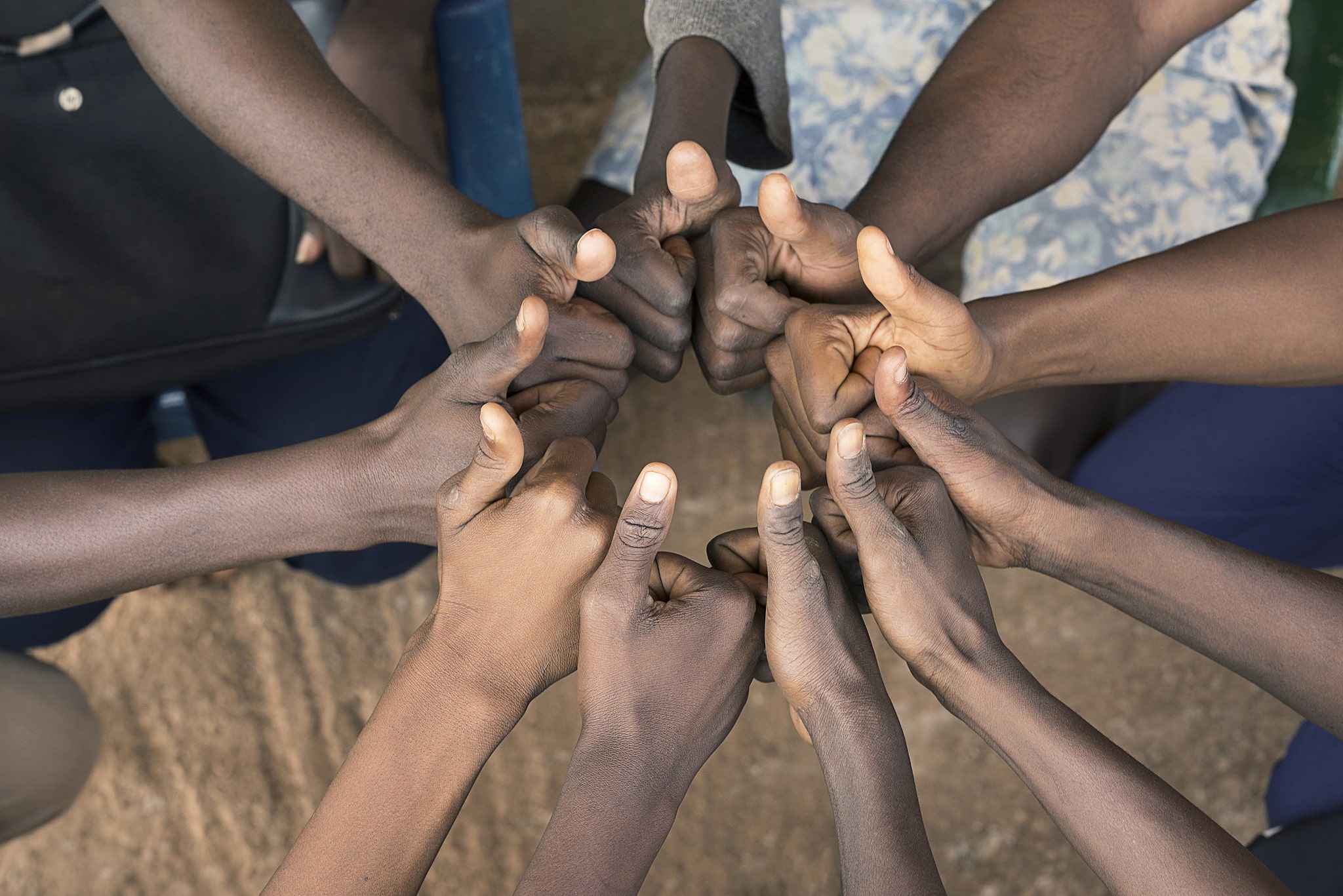
Conflict to pose serious risks to children in 2025: UN
The United Nations is calling on countries across the world to strengthen national systems as data shows that over 473 million children, a ratio of one in six, will be in conflict zones in 2025.
According to a UNICEF report, titled Prospects for Children 2025: Building Resilient Systems for Children’s Futures, it is urgent to mitigate the effects of crises and ramp up support.
Adding that, the percentage of the world’s children living in conflict zones has doubled from around 10 per cent in the 1990s to almost 19 per cent today.
The report reveals that in 2024, both state and non-state actors have shown growing disrespect for international humanitarian law as the Geneva Convention and Additional Protocols are increasingly ignored.
It further details that modern siege tactics are compromising protections afforded to children saying, ” Sieges to cut off cities from essential supplies have re-emerged alongside the rise of urban warfare. By denying access to food, warring forces aim to weaken the resolve of combatants and civilians, often forcing surrender or displacement.”
In 2024, the conflict in Gaza claimed the most number of children’s lives, followed by Sudan and then South Sudan according to UNICEF.
Furthermore, perilous conditions for aid workers and funding cuts do not bode well for vulnerable children in 2025.
“The quality of available funding has also deteriorated in two important ways. First, there has been a marked shift towards earmarked contributions. Despite higher overall flows through multilateral institutions, core funding is declining exemplified by the fall in UNICEF’s unrestricted funding from just under 50 percent to around 18 percent over two decades,” reads the report.
Additionally, the World Health Food Program is cautioning that every 1% cut in food donations risks pushing over 400,000 people to starvation. Part of the problem is debt servicing in many countries, which is pulling focus away from social welfare.
“Government spending, particularly in lower-income countries, is stretched because of slow growth, rising debt, and inadequate tax revenues and development assistance. As a result, governments are not investing adequately in areas such as education and health care,” UNICEF denotes.
These are just a number of a slew of issues stacked against children in conflict regions which the UN says can be tackled through conformity with international law, strengthening multidisciplinary child-protection systems, reinforcing systems to monitor and report violations against children, and empowering children and young people.

The UN is therefore calling for the adoption of systems to improve the lives and prospects of children. The systems the body insists, have to embody principles of inclusion, equity, and accountability, ensuring that the rights and needs of children remain at the forefront.






